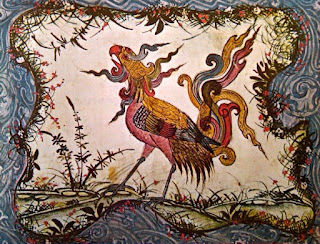Roman Mythology
Roman folklore is the collection of fantasies of old Rome as addressed in the writing and visual specialties of the Romans. One of a wide assortment of kinds of Roman fables, Roman folklore may likewise allude to the cutting edge investigation of these portrayals, and to the topic as addressed in the writing and craft of different societies in any period. Roman folklore draws from the folklore of the Italic people groups and eventually from Proto-Indo-European folklore.
Romulus and Remus, the Lupercal, Father Tiber, and the Palatine on a help from a platform dating to the rule of Trajan (Promotion 98-117)
Roman folklore likewise draws straightforwardly on Greek folklore, possibly as soon as Rome's protohistory, yet principally during the Greek time of Greek impact and through the Roman victory of Greece, by means of the creative impersonation of Greek abstract models by Roman authors.[1] The Romans recognized their own divine beings with those of the antiquated Greeks — who were intently generally related now and again, like Zeus and Jupiter — and reevaluated fantasies about Greek gods under the names of their Roman partners. Greek and Roman folklores are thusly frequently arranged together in the cutting edge period as Greco-Roman folklore.
Latin writing was well known in Europe all through the Medieval times and into the Renaissance. The translations of Greek fantasies by the Romans frequently affected story and pictorial portrayals of "Greco-Roman folklore" than Greek sources. Specifically, the forms of Greek fantasies in Ovid's Transformations, composed during the rule of Augustus, came to be viewed as authoritative.



Comments
Post a Comment